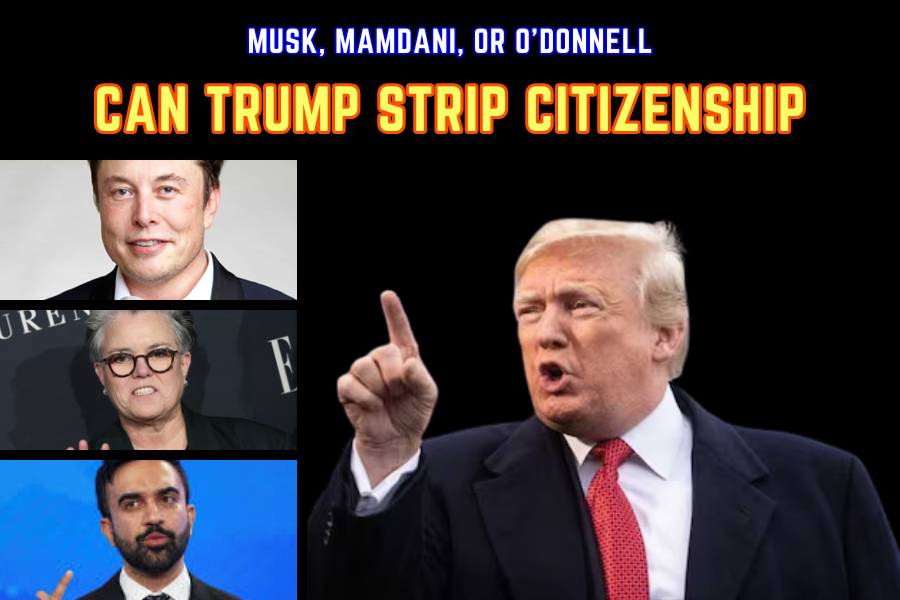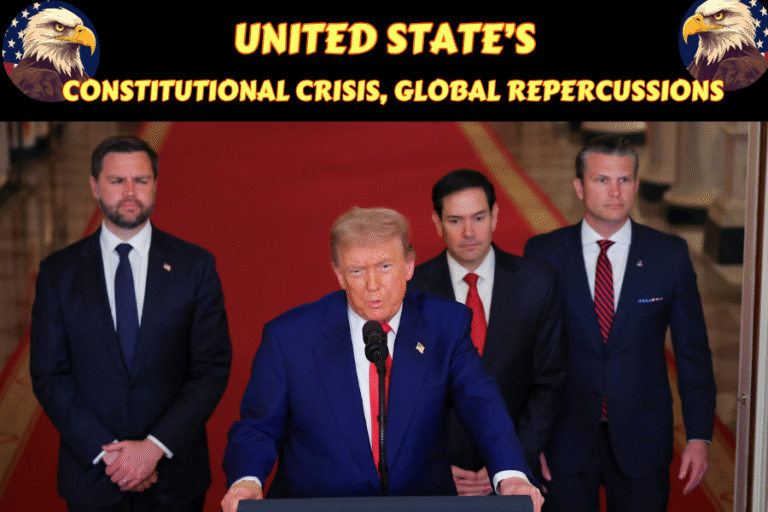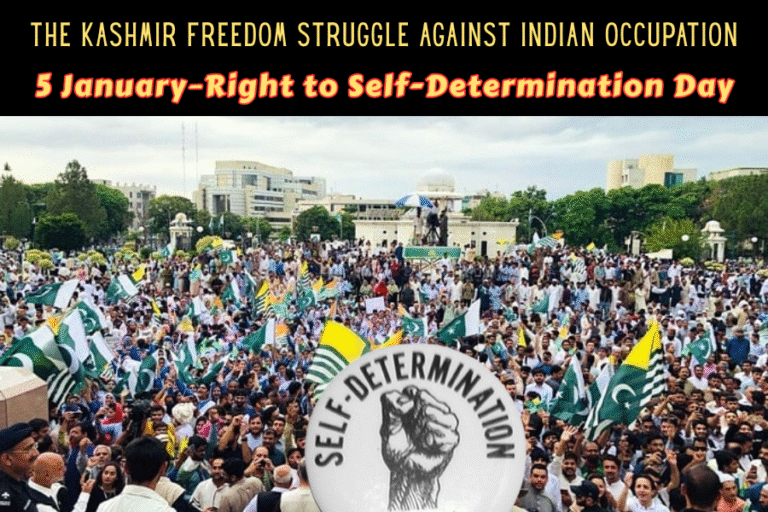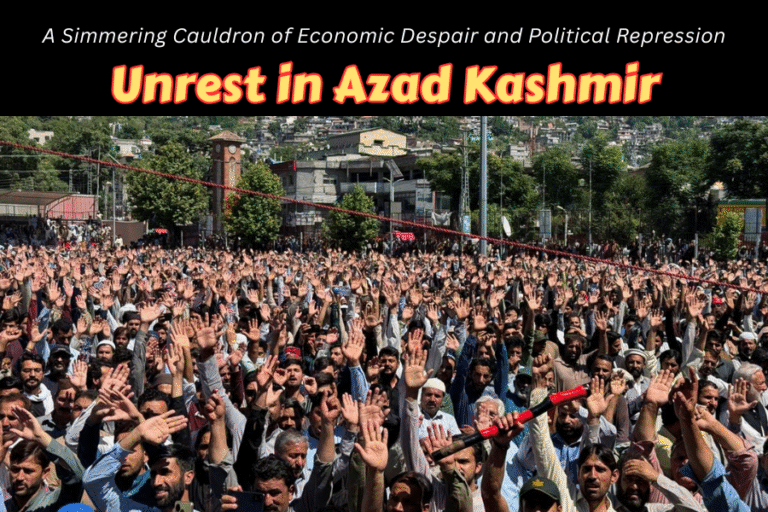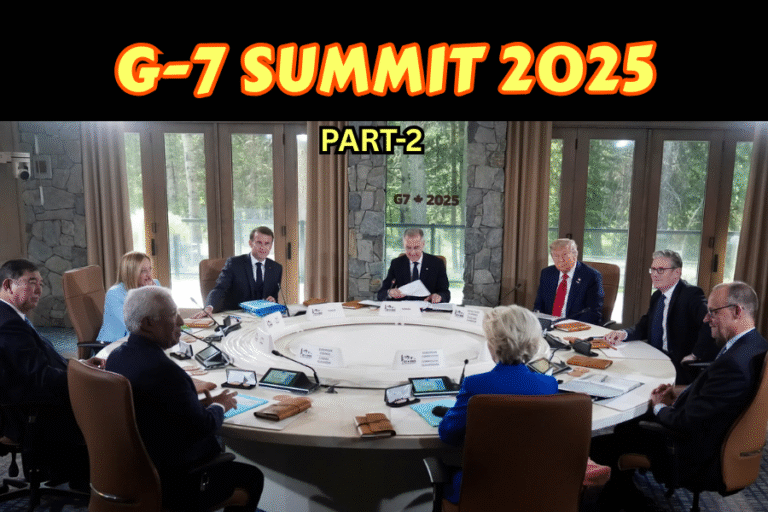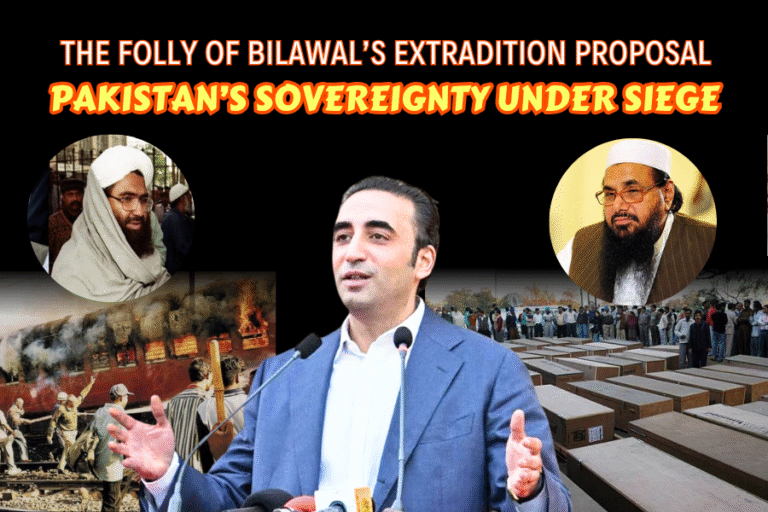(By Khalid Masood)
In a provocative series of statements in July 2025, former U.S. President Donald Trump ignited a firestorm by suggesting he might strip the U.S. citizenship of three prominent figures: tech titan Elon Musk, New York City mayoral candidate Zohran Mamdani, and comedian Rosie O’Donnell. These threats, aimed at critics and former allies alike, raise a chilling question: can a U.S. president wield the power to revoke citizenship as a political weapon? With Musk and Mamdani as naturalised citizens and O’Donnell born in the U.S., the legal, political, and diplomatic stakes are immense. This article explores the constitutional and statutory limits of denaturalisation, the contexts of Trump’s threats, their implications for American democracy and global perceptions, and what the future might hold for such audacious statecraft.
Legal Framework: Citizenship and Denaturalisation in the U.S.
U.S. citizenship is protected by the Fourteenth Amendment, which grants birthright citizenship to those born on U.S. soil and establishes citizenship as a fundamental right. For naturalised citizens, citizenship is conferred through a rigorous legal process under the Immigration and Nationality Act (INA). However, citizenship can be revoked under specific, narrowly defined circumstances, primarily through denaturalisation for naturalised citizens or expatriation for both naturalised and native-born citizens.
Denaturalisation
Denaturalisation applies only to naturalised citizens and is governed by 8 U.S.C. § 1451. The government may revoke citizenship if it was obtained through:
- Fraud or Misrepresentation: Proving “wilful misrepresentation or concealment of a material fact” during the naturalisation process, such as lying about criminal history or affiliations, with evidence that is “clear, unequivocal, and convincing” in civil cases or “beyond a reasonable doubt” in criminal cases.
- Serious Offences: Convictions for severe crimes like terrorism, war crimes, or treason, committed before or after naturalisation, if they indicate disloyalty to the U.S. or undermine the naturalisation process.
- Membership in Subversive Organisations: Affiliation with groups like the Communist Party or terrorist organisations within five years of naturalisation, if concealed during the process.
The process requires judicial oversight, typically through federal courts, ensuring due process. A 1967 Supreme Court ruling (Afroyim v. Rusk) significantly raised the bar for denaturalisation, affirming that citizenship cannot be revoked without the individual’s consent except in cases of fraud or illegality. The Court later reinforced this in Vance v. Terrazas (1980), requiring the government to prove intent to relinquish citizenship for expatriation.
Expatriation
Expatriation, governed by 8 U.S.C. § 1481, allows citizens (native-born or naturalised) to lose citizenship voluntarily through acts like renouncing citizenship, pledging allegiance to a foreign state, or serving in a foreign military against U.S. interests. Involuntary expatriation is unconstitutional under Afroyim v. Rusk unless the individual explicitly intends to relinquish citizenship. For native-born citizens like O’Donnell, revocation without consent is virtually impossible under current law.
Historical Context
Denaturalisation was more common in the early 20th century, targeting anarchists, communists, or those deemed disloyal during wartime (e.g., McCarthy-era cases). Since Afroyim, its use has declined, though the Obama administration revived it to target naturalised citizens involved in fraud or terrorism, with fewer than 100 cases annually. The Trump administration’s 2025 push to prioritise denaturalisation, as noted in a June 2025 Justice Department memo, signals an intent to expand its scope, though legal constraints remain stringent.
The Cases: Musk, Mamdani, and O’Donnell
Trump’s threats target three distinct individuals, each with unique citizenship statuses and contexts:
Elon Musk
- Background: Born in Pretoria, South Africa, in 1971, Musk became a U.S. citizen in 2002. A former ally and donor to Trump’s 2024 campaign, Musk fell out with Trump over the “Big Beautiful Bill,” a 2025 spending bill that ended $7,500 electric vehicle tax credits, impacting Tesla’s profitability. Trump’s Truth Social post on 30 June 2025 suggested Musk might “close up shop and head back to South Africa,” with a later comment to reporters: “We’ll have to take a look” at deporting him.
- Legal Feasibility: Denaturalising Musk would require evidence of fraud in his 2002 naturalisation or serious crimes like terrorism. No credible allegations of fraud exist, and Musk has denied past claims of working illegally in the U.S. Political disagreements, such as over the spending bill, are not grounds for denaturalisation. Legal experts, like Michael Kagan, call Trump’s rhetoric “irresponsible” and unlikely to succeed, as it lacks a legal basis.
- Context: Musk’s high profile and economic influence make him a symbolic target. His response on X—“So tempting to escalate this. But I will refrain for now”—suggests restraint but highlights the personal nature of the feud.
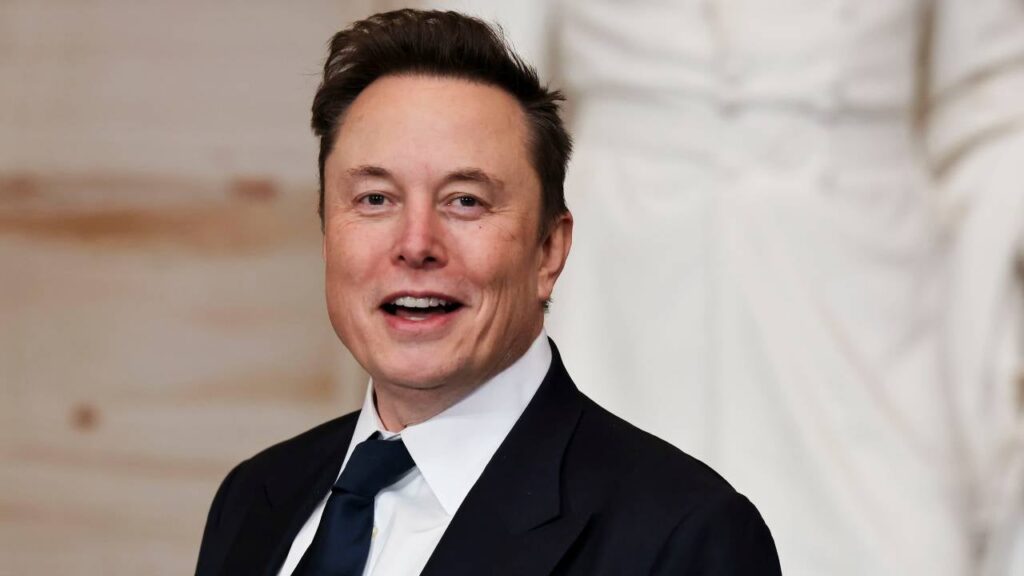
Zohran Mamdani
- Background: Born in Kampala, Uganda, in 1991 to Indian-origin parents, Mamdani moved to the U.S. at age seven and became a citizen in 2018. A democratic socialist and New York City mayoral candidate, he won the Democratic primary in June 2025. Trump threatened to arrest and denaturalise Mamdani for opposing ICE deportations, claiming “a lot of people are saying he’s here illegally” without evidence. Republican Representative Andy Ogles called for a Justice Department probe, citing Mamdani’s rap lyrics referencing the “Holy Land Five” and his refusal to condemn “globalize the intifada” as evidence of terrorism support.
- Legal Feasibility: Denaturalisation requires proof of material fraud in Mamdani’s 2018 application or terrorism-related convictions. Ogles’s claims rely on a rap lyric and political statements, which are protected by the First Amendment and do not constitute fraud or terrorism under U.S. law. The Communist Control Act, cited by some conservatives, is widely considered unconstitutional and unenforceable. Mamdani’s response on X condemned Trump’s threats as an attack on democracy, not a legal violation.
- Context: Mamdani’s Muslim and South Asian identity, combined with his progressive policies, makes him a target for right-wing attacks, amplified by Islamophobic rhetoric. The lack of evidence undermines any legal case, but the threats aim to intimidate political opponents.
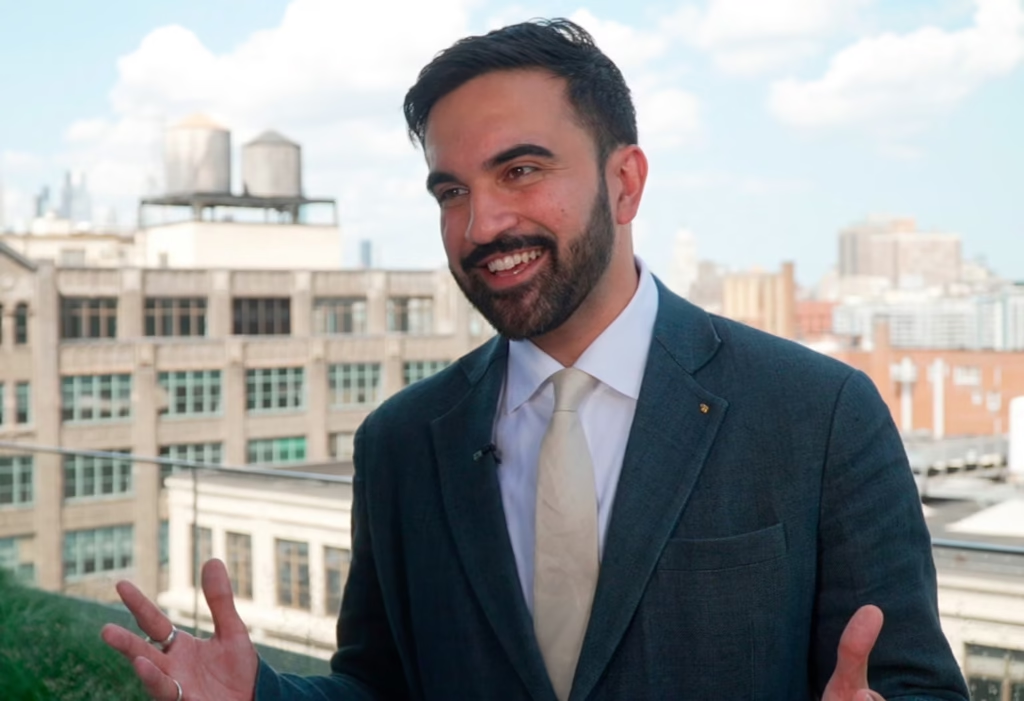
Rosie O’Donnell
- Background: Born in Commack, New York, in 1962, O’Donnell is a native-born U.S. citizen. A longtime Trump critic, she moved to Ireland in January 2025 after his re-election, citing concerns over his policies. On 12 July 2025, Trump posted on Truth Social that O’Donnell “is not in the best interests of our Great Country” and a “Threat to Humanity,” threatening to revoke her citizenship. O’Donnell responded on Instagram, calling Trump a “criminal con man” and referencing his ties to Jeffrey Epstein.
- Legal Feasibility: As a native-born citizen, O’Donnell’s citizenship is protected by the Fourteenth Amendment. A 1967 Supreme Court ruling (Afroyim v. Rusk) prohibits involuntary expatriation without consent, except in rare cases like voluntary renunciation. Legal experts, including Steve Vladeck and Jonathan Turley, confirm there is no legal basis to strip O’Donnell’s citizenship, calling Trump’s threat “patently unconstitutional.”
- Context: The feud, dating back to 2006, is personal and public, rooted in O’Donnell’s criticism of Trump’s character and policies. Her move to Ireland and pursuit of Irish citizenship through descent have no bearing on her U.S. citizenship, which she has not renounced.

Implications for the U.S. and Global Perceptions
Trump’s threats have far-reaching consequences:
- Domestic Politics: Targeting high-profile figures like Musk, Mamdani, and O’Donnell signals an authoritarian approach, aiming to silence critics through fear. This risks chilling free speech and political dissent, particularly among naturalised citizens, who number over 25 million (7% of the U.S. population). The Justice Department’s June 2025 memo prioritising denaturalisation suggests a broader strategy to redefine citizenship, potentially undermining trust in institutions.
- Constitutional Concerns: The threats challenge the Fourteenth Amendment and Supreme Court precedents, testing the judiciary’s role as a check on executive power. A federal judge’s July 2025 block on Trump’s birthright citizenship order indicates judicial resistance, but the Supreme Court’s current composition may embolden further challenges.
- Global Perceptions: Internationally, these threats portray the U.S. as retreating from democratic norms, potentially weakening its moral authority. Allies like Ireland, where O’Donnell resides, may view such rhetoric as destabilising, while adversaries could exploit it to criticise U.S. human rights commitments. The targeting of Musk, a global business leader, could also deter foreign investment and innovation.
The State of Denaturalisation Policy
The Trump administration’s push to expand denaturalisation aligns with its immigration agenda, including mass deportations and attempts to end birthright citizenship via executive order (blocked in July 2025). The Justice Department’s memo directs attorneys to prioritise cases involving fraud or serious crimes, but political motives are evident in Trump’s rhetoric. Legal scholars note that denaturalisation remains rare—fewer than 100 cases annually under Obama—and requires robust evidence, which is absent in these cases. Attempts to use laws like the Communist Control Act against Mamdani are likely unconstitutional, as courts have ruled against revoking citizenship for political beliefs.
What Lies Ahead?
Future scenarios depend on legal, political, and judicial developments:
- Legal Challenges: Any attempt to denaturalise Musk or Mamdani would face federal court scrutiny, likely failing due to lack of evidence. O’Donnell’s case is a non-starter legally. The Supreme Court could revisit Afroyim if cases escalate, but overturning it would require a radical shift, risking public backlash.
- Political Escalation: Trump may intensify threats to distract from domestic issues (e.g., Texas flood response, Epstein file controversies). This could galvanise opposition, as seen in Mamdani’s and O’Donnell’s defiant responses, or embolden supporters seeking stricter immigration policies.
- Diplomatic Fallout: Ireland may protest threats against O’Donnell, a potential Irish citizen, while South Africa and Uganda could raise concerns over Musk and Mamdani. This risks straining U.S. alliances, particularly if paired with broader immigration crackdowns.
- Public Reaction: Public opinion, as reflected on X, shows division—some support Trump’s hardline stance, while others, including legal scholars, condemn it as authoritarian. Continued threats could polarise voters ahead of the 2026 midterms.
Alternative Approaches to Resolve Tensions
Rather than pursuing legally dubious denaturalisation, alternative strategies could de-escalate:
- Judicial Oversight: Strengthening federal court review of denaturalisation cases ensures due process, deterring politically motivated actions. Congress could legisate clearer limits on executive power over citizenship.
- Diplomatic Engagement: The U.S. could reassure allies like Ireland and South Africa that citizenship threats are rhetorical, maintaining trade and security ties. Quiet diplomacy could address concerns over Musk’s and Mamdani’s statuses.
- Public Accountability: Media and civil society can amplify legal experts’ rebuttals, as seen in CNN and Al Jazeera coverage, to counter misinformation and reduce fear among naturalised citizens.
- Bipartisan Dialogue: Engaging moderate Republicans and Democrats to denounce weaponising citizenship could pressure Trump to retract threats, preserving democratic norms.
- International Pressure: The UN or human rights groups could highlight the threats’ implications, urging the U.S. to uphold citizenship protections under international law.
Conclusion
Donald Trump’s threats to strip citizenship from Elon Musk, Zohran Mamdani, and Rosie O’Donnell are a bold but legally fraught gambit, rooted in personal feuds and political strategy. For Musk and Mamdani, denaturalisation is theoretically possible but unlikely, requiring evidence of fraud or serious crimes that does not exist. For O’Donnell, a native-born citizen, revocation is unconstitutional absent voluntary renunciation. These threats signal a troubling intent to redefine American citizenship, with ripple effects for democracy, global alliances, and public trust. As courts, allies, and citizens respond, the U.S. faces a pivotal moment: will it uphold the sanctity of citizenship, or slide toward authoritarianism? The world watches as this saga unfolds, testing the resilience of America’s constitutional order.

